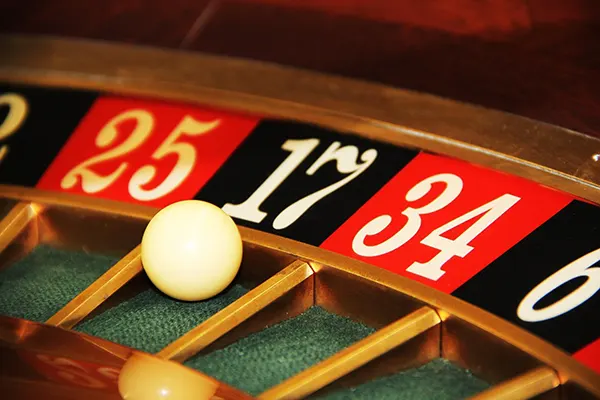
Risk Management in Roulette: Adjusting Bet Sizes Based on Wins or Losses
Roulette is one of the most popular casino games, attracting players from all over the world due to its simplicity, potential for big wins, and the variety of strategies available. However, to succeed in this game, it’s not enough to rely solely on luck; having a well-thought-out strategy is essential. One such strategy involves adjusting bet sizes based on previous game results. This strategy helps balance the risk and control the bankroll more effectively, making it a crucial part of a player’s approach to the game.
The goal of this strategy is to minimize losses and preserve winnings. After a few consecutive losses, a player may increase their bet to cover those losses, or conversely, decrease their bet after a win to secure part of the profit. This allows for better financial control and more strategic gameplay.
Risk in Roulette: Changing Bets as a Strategy
Roulette is one of the most famous casino games. Due to its simplicity and the potential for large wins, it attracts many players. However, roulette is not just a game of luck — it’s also a perfect example of how strategic planning can help reduce risks and increase the chances of winning. One of the main strategies in roulette involves adjusting bets based on previous game results.
The aim of this strategy is to minimize losses and preserve winnings. When a player experiences a few consecutive losses, they can increase their bet to cover those losses, or conversely, reduce the bet after a win to keep part of the profit. This allows for better management of one’s bankroll.
How Bet Adjustment Works
The main goal of bet adjustment is risk management: reduce potential losses when losing and increase the winnings after a successful spin. When a player suffers a few losses, they may increase their bet to cover these losses. However, it’s essential to remember that this increases the risk, so knowing when to stop is crucial.
There are different approaches to adjusting bets, each with its own characteristics. The Martingale system involves doubling the bet after each loss, which allows the player to recover losses once they win. Other strategies, such as the Fibonacci system, increase bets according to a mathematical sequence, offering slower, more controlled increases in bet size, reducing the chances of rapid financial losses.
However, it’s important to remember that even with these strategies, the outcome remains random, and no system guarantees a win. Players must be prepared to accept that not every bet will win and maintain control over their finances.
Betting Strategies: Martingale and Others
One of the most well-known betting strategies in roulette is the Martingale system. It involves doubling the bet after each loss. In this way, when the player eventually wins, the bet covers all previous losses and results in a profit equal to the original stake.
This strategy has its advantages, as it can quickly recover losses when the player wins. However, it also carries significant risks. If a player experiences a long losing streak, they will need to place increasingly large bets, which can quickly deplete their bankroll.
Disadvantages of the Martingale System
Despite its popularity, the Martingale system has several significant drawbacks. Firstly, it requires a large initial capital since each subsequent round requires doubling the bet. Secondly, most casinos impose limits on maximum bets, which can restrict the effectiveness of this strategy over the long term.
Thus, while the Martingale system may be effective in short bursts, it is not ideal for prolonged sessions where losses can accumulate. For safer gameplay, players may consider other strategies, such as the Fibonacci system or the “half level” betting approach, where the bet increases gradually rather than doubling.

Managing Risk in Roulette: How to Stay in Control
Managing risk in roulette is critical to avoiding significant financial losses and maintaining control over your bankroll. The most effective strategies include setting limits on bets and defining clear goals for wins and losses.
Effective risk management involves not only a strategic approach to bets but also setting personal limits for gameplay. This allows players to keep their finances in check even when luck is not on their side. Setting limits on losses or wins can help avoid situations where a player starts betting more than they can afford.
Tips for Players
1. Set limits for each gaming session. 2. Use a strategy of gradual bet increases instead of aggressive doubling. 3. Remember that roulette is a game of chance, and winning is not guaranteed. 4. Stop playing if you feel that you are losing control over your betting.
Managing risk and controlling bets are essential elements of playing roulette. By applying a strategy of adjusting bets along with responsible financial management, players can minimize risks and maximize their chances of success.





